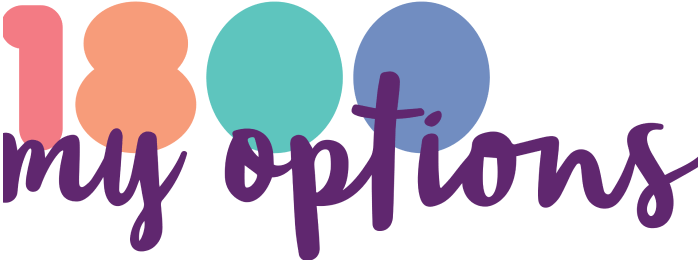Everyone deserves healthcare that’s inclusive, equal and fair.
Our vision is gender equity in health.
We work with government, the health sector and the community to create better health outcomes for women (cis and trans inclusive) and gender diverse people.
Endometriosis and pelvic pain surgery concerns line
The Victorian Government has asked Women’s Health Victoria to establish a dedicated phone line to support people who have concerns about care they have received for endometriosis or pelvic pain, following media reporting.
The number is 03 9664 9330.
MAJOR REPORT reveals stark inequities in abortion access in Victoria. OUR IMPACT review WHV’s activities and achievements for the 2024-25 year. REPORT Real Bodies: Understanding and Celebrating Labia Diversity. TRAINING visit the WHV Training Hub to see how you can upskill today!
MAJOR REPORT reveals stark inequities in abortion access in Victoria. OUR IMPACT review WHV’s activities and achievements for the 2024-25 year. REPORT Real Bodies: Understanding and Celebrating Labia Diversity. TRAINING visit the WHV Training Hub to see how you can upskill today!
MAJOR REPORT reveals stark inequities in abortion access in Victoria. OUR IMPACT review WHV’s activities and achievements for the 2024-25 year. REPORT Real Bodies: Understanding and Celebrating Labia Diversity. TRAINING visit the WHV Training Hub to see how you can upskill today!
Making an impact
View the latest blog articles, media releases, publications and submissions from WHV.
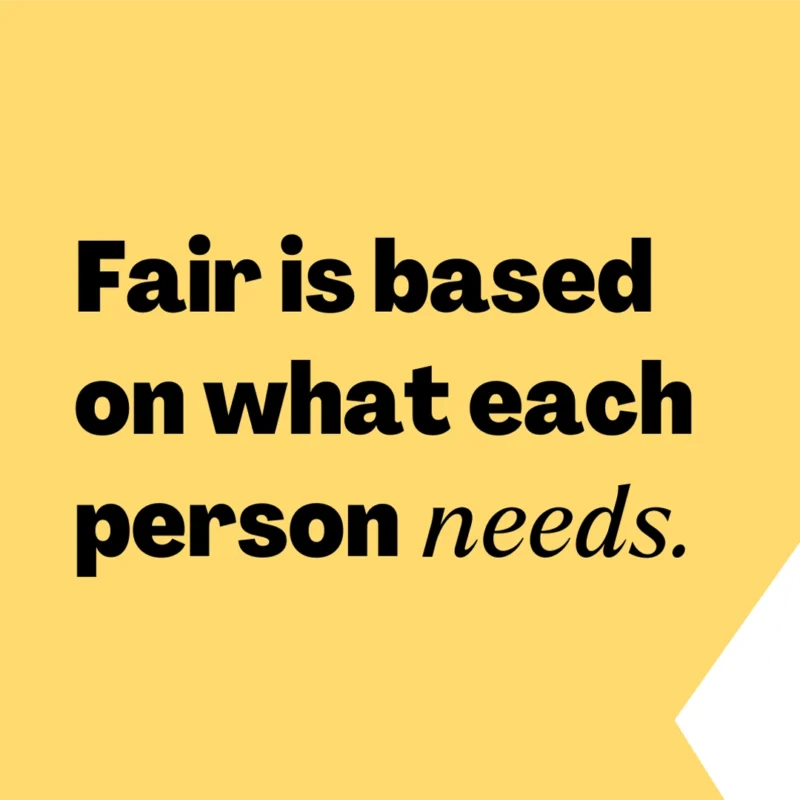
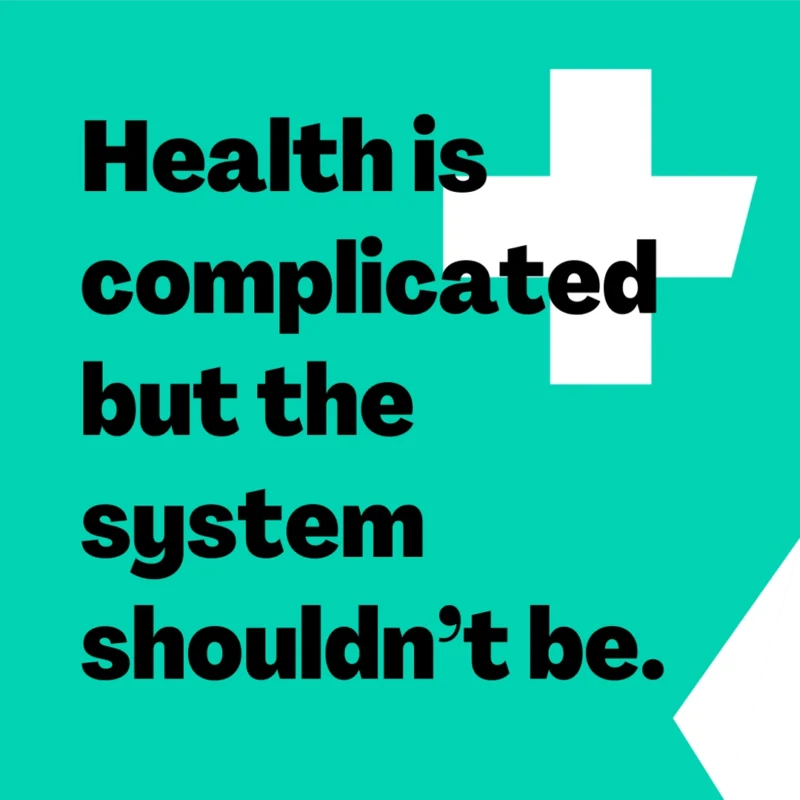
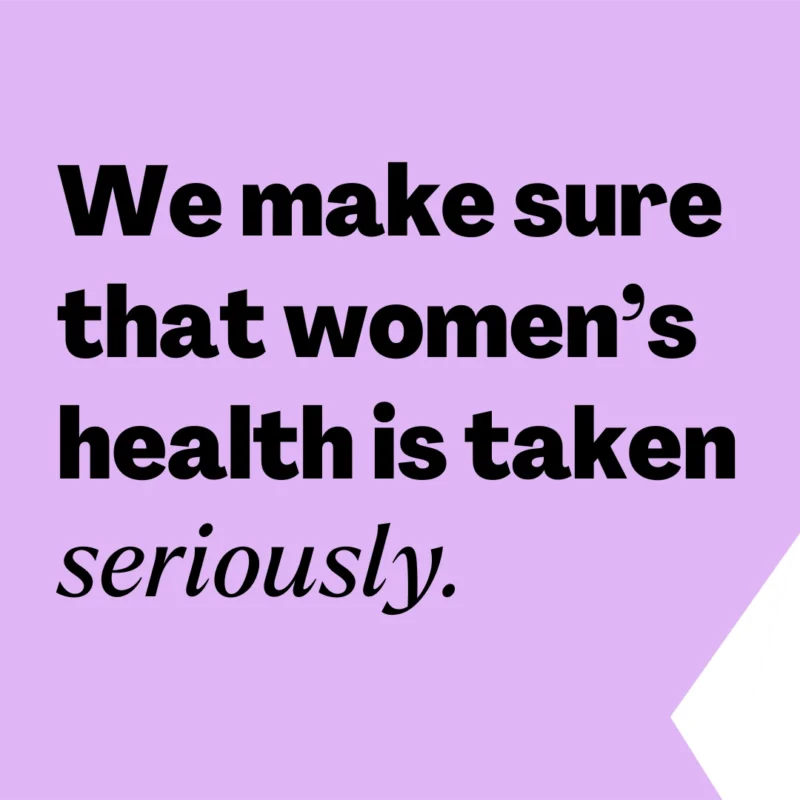
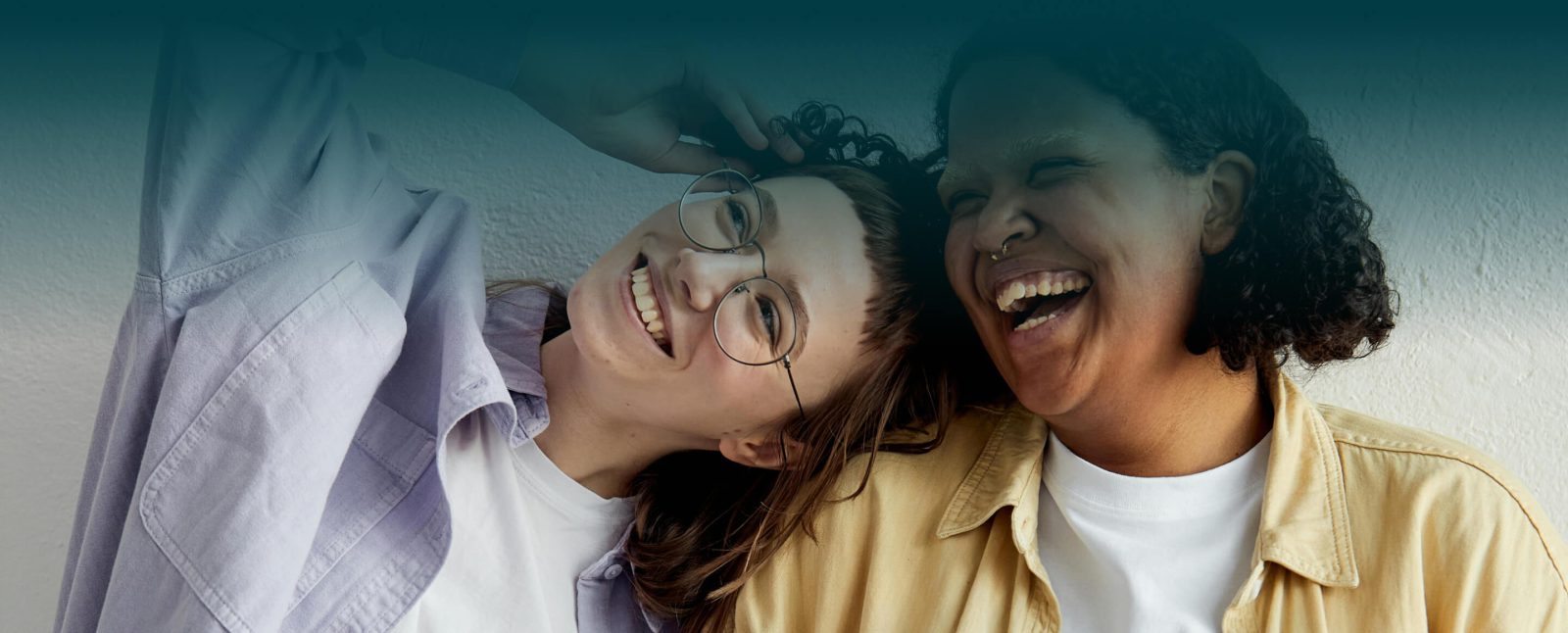
Our initiatives
Stay informed
Stay on top of all the latest news from WHV, delivered straight to your inbox.
By subscribing to email updates from WHV and the Victorian Women’s Health Atlas, you agree to our privacy policy.



